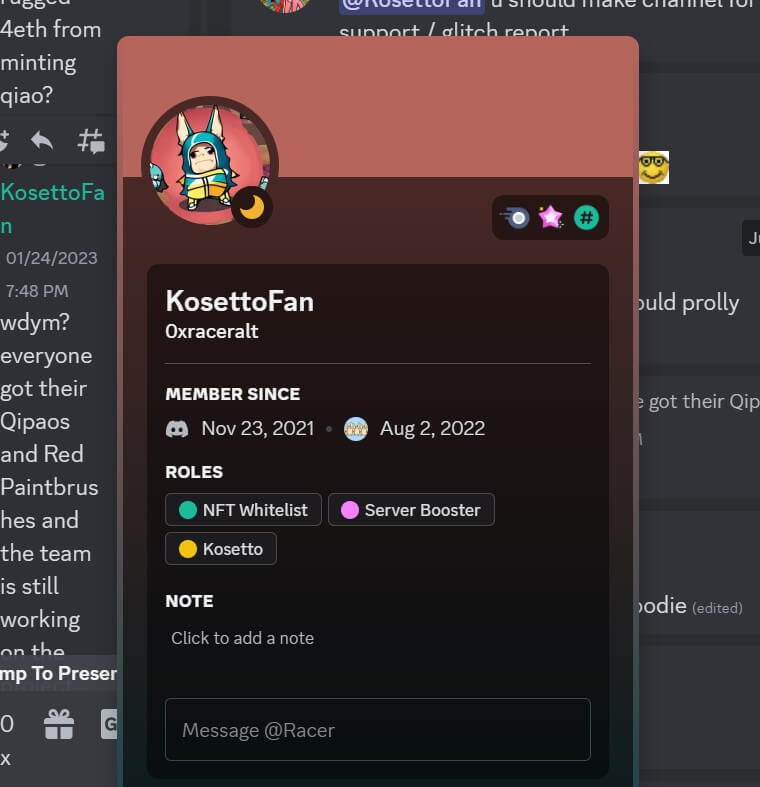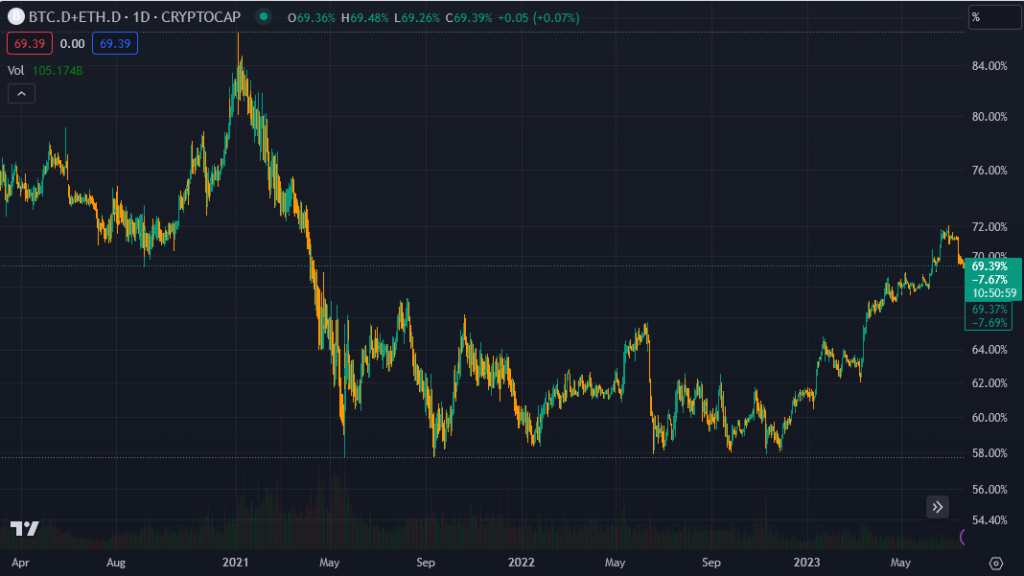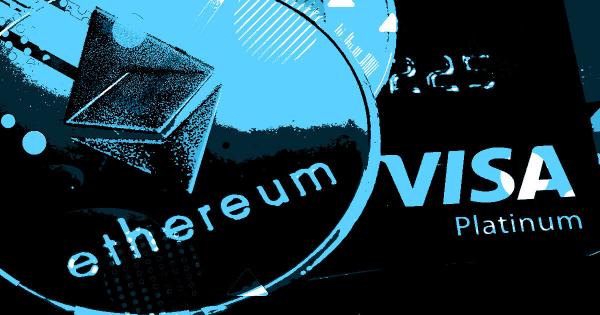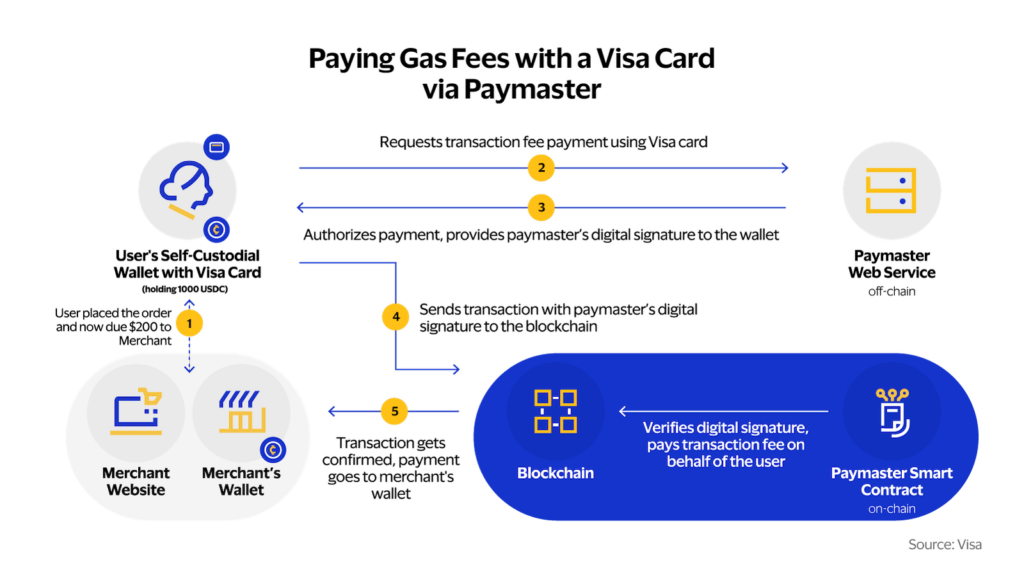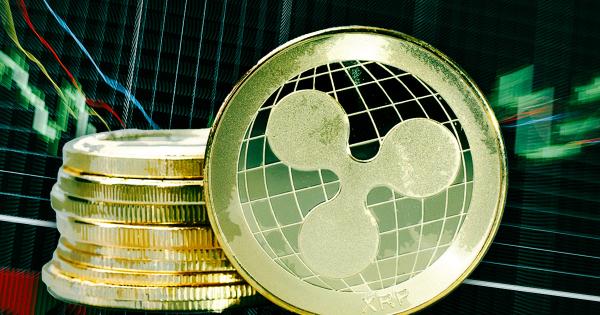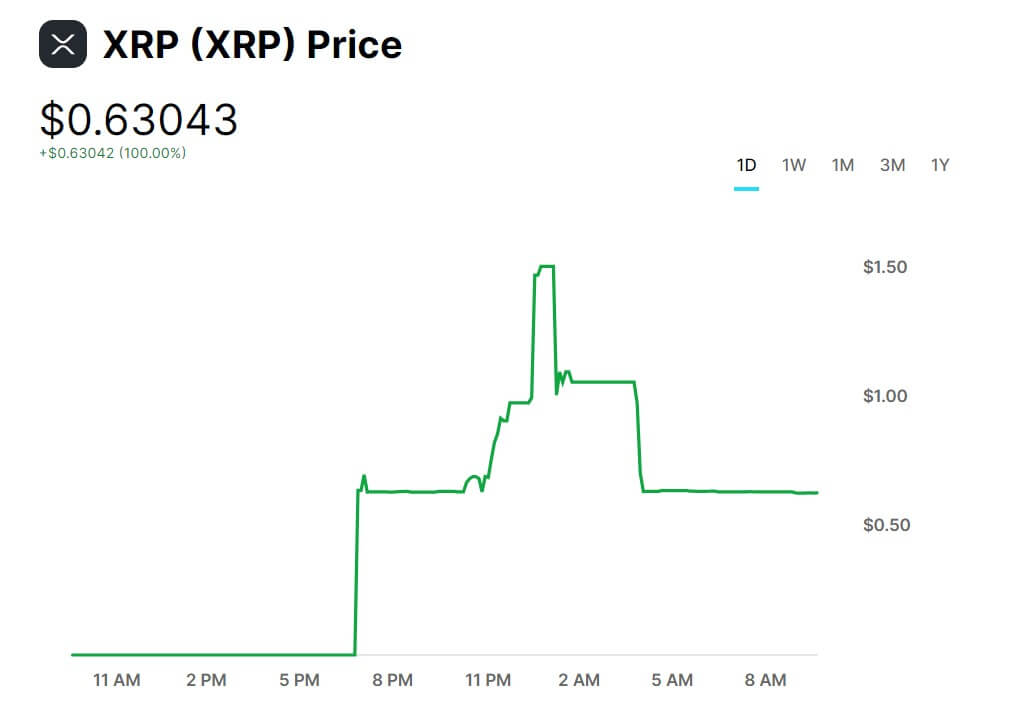Worldcoin global ID demand doubles despite regulatory hiccup, WLD token turbulence
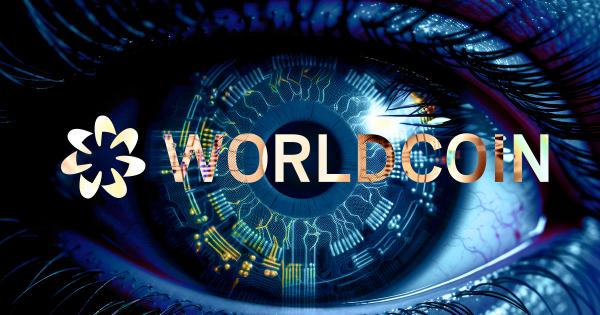
Worldcoin claimed that demand for its global World ID verifications doubled during the first week of its launch despite the early regulatory troubles it faced across multiple jurisdictions.
In an Aug. 6 statement, Worldcoin said the release of new Orbs worldwide boosted its weekly verifications numbers, building on its already high verifications rate for this year. Earlier reports had revealed that Worldcoin attracted more than 2 million registrations before its launch.
Worldcoin further claimed that World App, the designated wallet for the project, saw its active users increase by three folds and recorded a ten-time increase in its weekly account creations during the same period.
The statement aligns with a previous revelation from its founder Sam Altman who said the project was onboarding eight users per second while sharing a video of several people lined up to use the project’s eye-scanning technology.
Regulatory woes
Since its launch, Worldcoin has faced high regulatory scrutiny in several countries, including Kenya, Britain, France, and Germany, over how it handles the private data it collects.
Germany’s top privacy regulator has been investigating the firm’s data collection practices since November 2022, while data watchdogs in other countries have expressed concerns over Worldcoin’s operations.
In Kenya, Worldcoin was indefinitely suspended on Aug. 2, pending when the authenticity and legality of its activities are determined. The authorities in the African country warned that it would take action against any individual who abets the project’s operation.
Meanwhile, prominent crypto community members, including Peter McCormack, the host of the ‘What Bitcoin Did’ podcast, have criticized its reliance on biometric data to verify identities. Worldcoin requires an individual to scan their Iris via one of its Orbs to confirm that they are human. Ethereum Co-Founder Vitalik Buterin said that biometric scanning was “sufficient” for privacy protection.
Worldcoin told CryptoSlate that it complies with local laws guiding the collection of personal data in all its operating markets.
WLD struggles
Despite its early claims of success, the Worldcoin WLD token’s value dropped 11% in the last seven days and trades at $2.03 as of press time, according to CryptoSlate’s data.
During this period, on-chain data from Etherscan shows that the project has less than 6000 holders and has only experienced 23,655 transfers.


